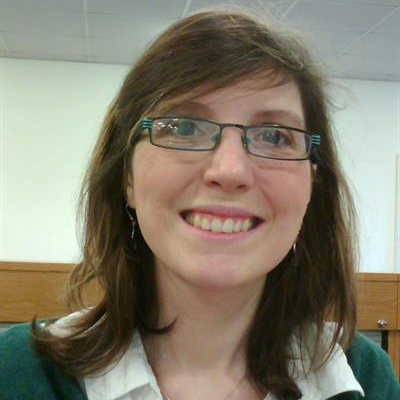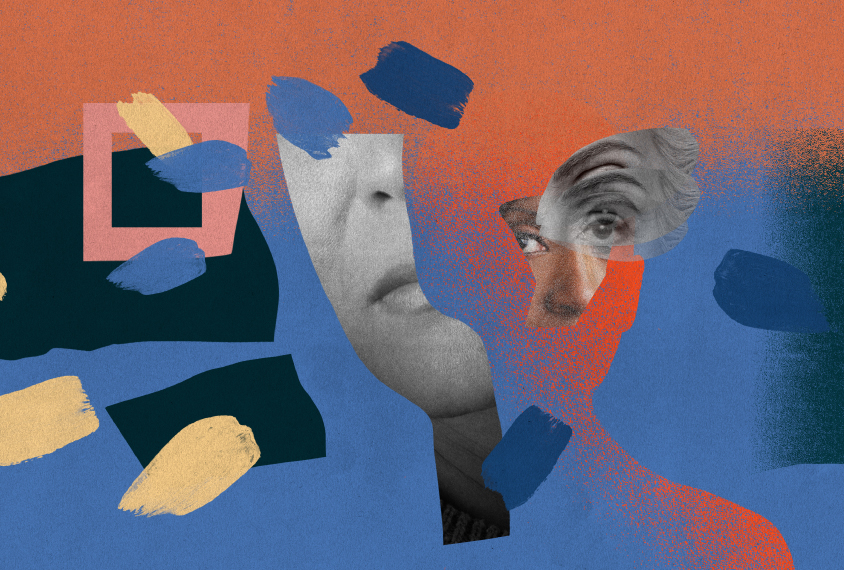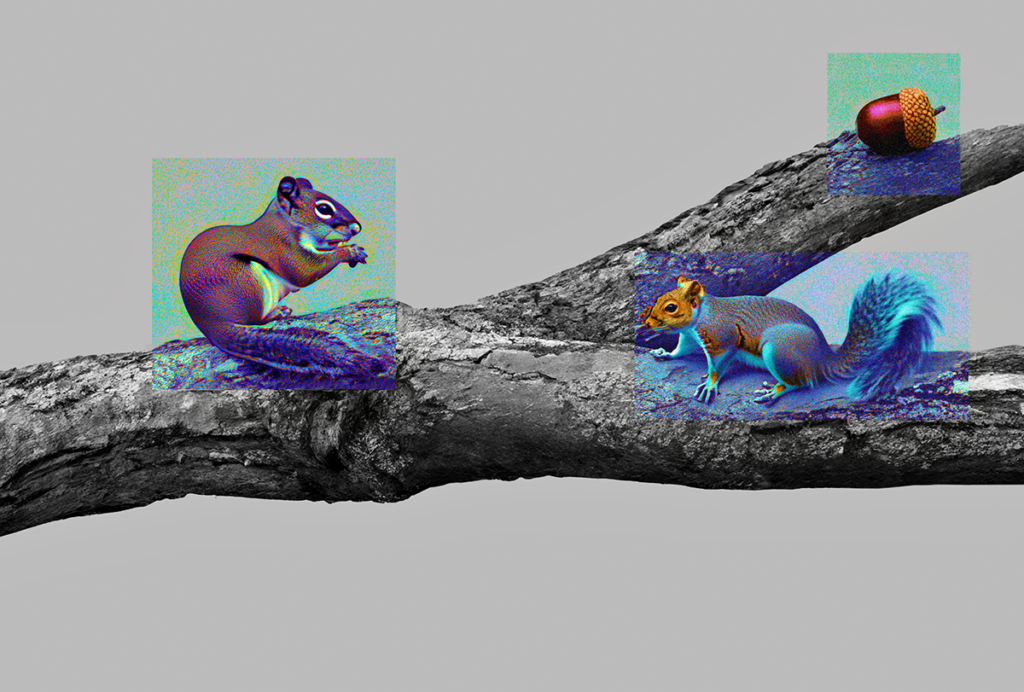Rachel Moseley is principal academic in psychology at Bournemouth University in the United Kingdom. Her research centers around issues that autistic adults face, including mental ill-health, suicidality, self-injury, aging and late diagnosis. She also investigates aspects of cognition and social communication in autistic people and how these differ depending on personal characteristics, such as sex.

Rachel Moseley
Principal academic
Bournemouth University
From this contributor
Autism and menopause: Q&A with Rachel Moseley and Julie Turner-Cobb
Menopause poses significant challenges for autistic people, according to a small survey published in 2020 — the first to explore the transition among people with autism traits.

Autism and menopause: Q&A with Rachel Moseley and Julie Turner-Cobb
Autism and eating disorders may have an emotional connection
Eating disorders have the highest mortality rates of any kinds of mental illness. They don’t discriminate, affecting people of all ethnicities, sexualities, gender identities, ages and backgrounds.

Autism and eating disorders may have an emotional connection
Explore more from The Transmitter
NeuroAI and the hidden complexity of agency
As we attempt to build autonomous artificial-intelligence systems, we're discovering that a capability we take for granted in animals may be much more complex than we imagined.

NeuroAI and the hidden complexity of agency
As we attempt to build autonomous artificial-intelligence systems, we're discovering that a capability we take for granted in animals may be much more complex than we imagined.
Plaque levels differ in popular Alzheimer’s mouse model depending on which parent’s variants are passed down
5XFAD model mice that inherit two disease-related genes from their fathers have double the plaques seen in those with maternal inheritance, a new study shows.
Plaque levels differ in popular Alzheimer’s mouse model depending on which parent’s variants are passed down
5XFAD model mice that inherit two disease-related genes from their fathers have double the plaques seen in those with maternal inheritance, a new study shows.
‘Doctored: Fraud, Arrogance, and Tragedy in the Quest to Cure Alzheimer’s,’ an excerpt
In his new book, published today, investigative journalist Charles Piller tells the story of the scientific misconduct that shook Alzheimer’s disease research to its core, and the neuroscientist who helped to expose it.

‘Doctored: Fraud, Arrogance, and Tragedy in the Quest to Cure Alzheimer’s,’ an excerpt
In his new book, published today, investigative journalist Charles Piller tells the story of the scientific misconduct that shook Alzheimer’s disease research to its core, and the neuroscientist who helped to expose it.